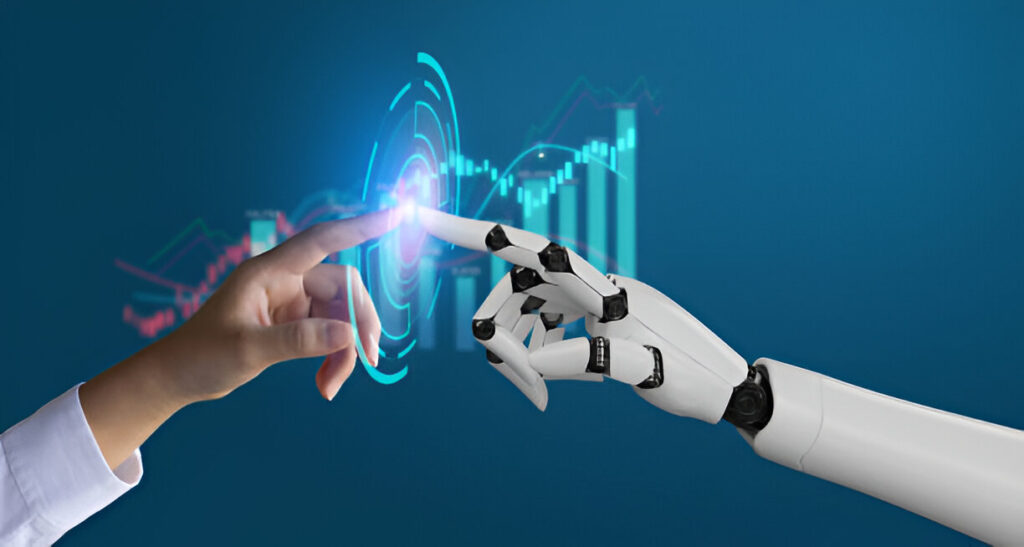Quantum computing has emerged as one of the most groundbreaking technological advancements of the 21st century. At the forefront of this revolution is Google, whose ambitious projects and research efforts in quantum computing are redefining the limits of computational power. This article delves into Google Quantum Computing, exploring its technological foundation, potential applications, and transformative effects on calculations and industries worldwide.
Understanding Quantum Computing
Before diving into Google’s initiatives, it’s crucial to understand the basics of quantum computing. Unlike classical computers, which process information using bits (binary 0s and 1s), quantum computers leverage qubits. Qubits harness principles of quantum mechanics, such as superposition and entanglement, enabling quantum computers to perform complex calculations at unprecedented speeds.
- Superposition: Allows qubits to exist simultaneously in multiple states (0 and 1).
- Entanglement: Links qubits such that the state of one directly influences the state of another, even at vast distances.
These principles empower quantum computers to tackle computationally infeasible problems for classical systems.

Google’s Quantum Computing Journey
Google’s quantum computing program, spearheaded by its Quantum AI team, aims to achieve “quantum supremacy.” This term refers to the point at which a quantum computer can perform a calculation that is beyond the reach of even the most powerful classical supercomputers.
Key Milestones
- Quantum Supremacy Announcement (2019): Google’s 54-qubit quantum processor, Sycamore, achieved quantum supremacy by solving a complex problem in 200 seconds, which would take classical supercomputers approximately 10,000 years.
- The Willow Quantum Chip: The Willow chip represents Google’s next step in quantum hardware development. It’s designed to improve scalability, error correction, and computational precision, addressing some of the key challenges in quantum computing.
- Quantum Error Correction: Due to the fragile nature of qubits, error correction is a significant hurdle in quantum computing. Google’s innovations in this area aim to stabilize computations, making quantum systems more reliable and practical for real-world applications.
- Open Source Contributions: Google has released tools like Cirq, an open-source framework for building and experimenting with quantum algorithms. This democratizes access to quantum computing research and encourages collaboration.

How Google Quantum Computing Affects Calculations
Quantum computing’s ability to process vast amounts of data simultaneously revolutionizes calculations. Here are some key aspects:
1. Exponential Speedup
Quantum computers can solve specific problems exponentially faster than their classical counterparts. For example:
- Factorization: Using algorithms like Shor’s, quantum computers can factorize large numbers in seconds, a task that classical computers would take millennia to complete. This has profound implications for cryptography.
- Simulating Quantum Systems: Quantum computers excel at simulating quantum mechanics, enabling breakthroughs in material science and drug discovery.
2. Complex Problem Solving
Quantum algorithms, such as Grover’s search algorithm, reduce the complexity of certain problems, enhancing efficiency in fields such as database searching, optimization, and machine learning.
3. Enhanced Precision
Quantum error correction and advancements in qubit design, such as the Willow chip, enable calculations with greater precision and reliability, crucial for scientific simulations and financial modeling.

Potential Applications of Google Quantum Computing
1. Cryptography
Quantum computing poses both challenges and solutions for cybersecurity. While it threatens current encryption methods, quantum-safe cryptographic algorithms are being developed to safeguard data in a post-quantum world.
2. Drug Discovery and Healthcare
Simulating molecular interactions at a quantum level accelerates drug discovery, reduces costs, and enables the development of targeted disease therapies.
3. Artificial Intelligence and Machine Learning
Quantum computing enhances machine learning models by optimizing large datasets and improving pattern recognition. Google’s Quantum AI team is exploring quantum-enhanced AI to solve problems like natural language processing and autonomous systems.
4. Supply Chain and Logistics
Quantum algorithms optimize supply chain operations by solving complex logistical challenges, such as route optimization and resource allocation, with unparalleled speed and accuracy.
5. Climate Modeling and Sustainability
Quantum simulations of environmental systems enable precise climate modelling, helping scientists predict changes and devise strategies to combat climate change.

Challenges in Quantum Computing
Despite its potential, quantum computing faces several challenges:
- Scalability: Building quantum computers with millions of qubits remains a technical challenge.
- Error Correction: Qubits are highly sensitive to environmental disturbances, leading to errors that require robust correction mechanisms.
- High costs: Developing quantum hardware and maintaining operational stability demand significant financial and technical resources.
- Algorithm Development: Quantum algorithms are still in their infancy, requiring advancements to unlock the full potential of quantum computing.
Google’s Vision for the Future
Google aims to integrate quantum computing into mainstream technology, addressing these challenges through:
- Hardware Advancements: Improving qubit coherence and scalability with next-generation chips like Willow.
- Software Development: Expanding frameworks like Cirq to foster algorithm innovation.
- Partnerships: Collaborating with academia, industry leaders, and governments to accelerate quantum research.

Implications for Industries and Society
The ripple effects of Google Quantum Computing extend across industries, transforming how businesses operate and how society addresses global challenges:
- Economic Impact: Quantum computing is projected to create new markets, drive innovation, and unlock economic value worth trillions of dollars.
- Scientific Breakthroughs: From understanding the universe’s origins to engineering advanced materials, quantum computing fuels scientific progress.
- Ethical Considerations: As with any disruptive technology, quantum computing raises ethical concerns regarding data privacy, security, and equitable access.
Conclusion
Google Quantum Computing represents a technological paradigm shift, promising to revolutionize how we solve complex problems and process information. While challenges remain, Google’s relentless pursuit of innovation ensures that quantum computing will soon become a cornerstone of technological progress. From enhancing calculations to addressing global challenges, the impact of Google’s quantum initiatives will be felt across every facet of society, ushering in a new era of computational possibilities.




